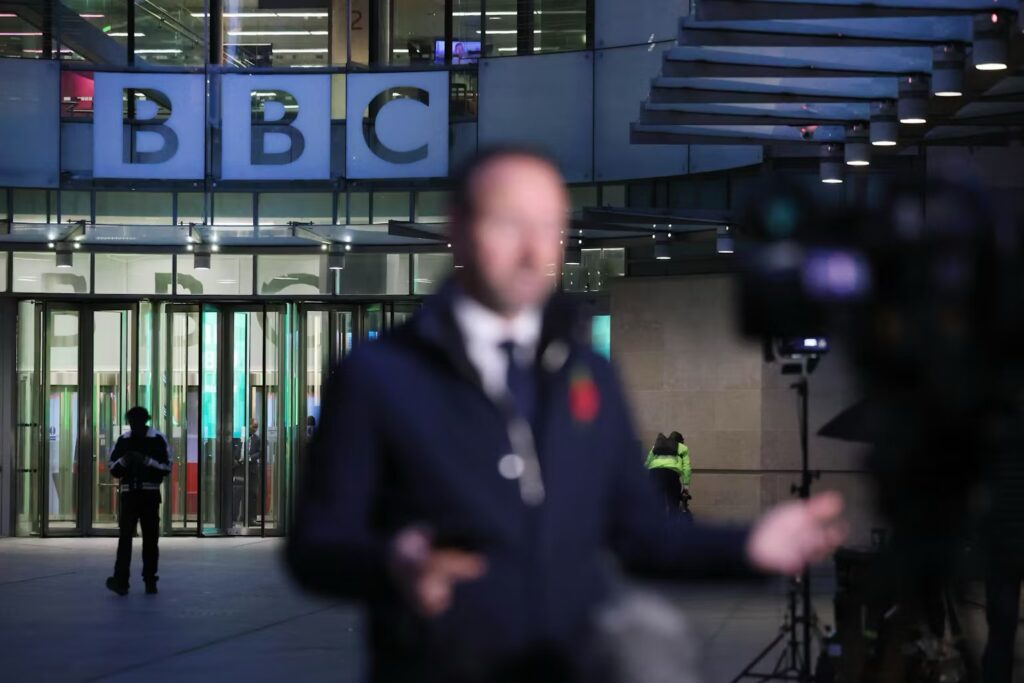The White House has announced that U.S. companies will now control TikTok's algorithm and Americans will hold six of seven board seats for the app's U.S. operations in a much-anticipated deal with China.
Press secretary Karoline Leavitt stated that the deal could be signed in the coming days, though Beijing has yet to provide an official comment.
The U.S. has been pushing to detach the video-sharing app's U.S. operations from its Chinese parent company, ByteDance, citing national security concerns.
Previously, TikTok was warned it needed to divest from its U.S. operations or face potential shutdown. Despite this, President Donald Trump has postponed implementing a ban multiple times, most recently extending the deadline to December.
Leavitt confirmed that data management and privacy compliance for TikTok in the U.S. would be supervised by Oracle, led by Larry Ellison, a tech magnate and Trump ally. The data and privacy will be led by one of America's greatest tech companies, Oracle, and the algorithm will also be controlled by America as well, she announced.
Ellison's son, David, has recently acquired Paramount Media, which owns CBS News, further solidifying the family's power in media.
Trump mentioned that both he and Chinese President Xi Jinping had come to an agreement regarding the future of TikTok in a recent phone conversation, though this was not mirrored by any official statement from Beijing.
In a follow-up from the Chinese Commerce Ministry, a vague stance was provided, stating Beijing's willingness to welcome commercial negotiations, provided they respect China's laws.
A major point of contention appears to center around control of TikTok’s influential algorithm that caters to 170 million American users, with uncertainty remaining about whether an American buyer would need to create a new algorithm or could retain the current one.
While Trump had initially sought to ban TikTok, he revised his stance and sought to leverage its popularity during his successful 2024 presidential campaign.
In January, the U.S. Supreme Court upheld a law banning TikTok unless ByteDance divested from its operations, a decision that briefly brought the app offline before the enforcement was delayed.
Concerns from the U.S. Department of Justice regarding TikTok's access to American user data highlight a broader need to address national security threats posed by foreign-owned platforms.




















